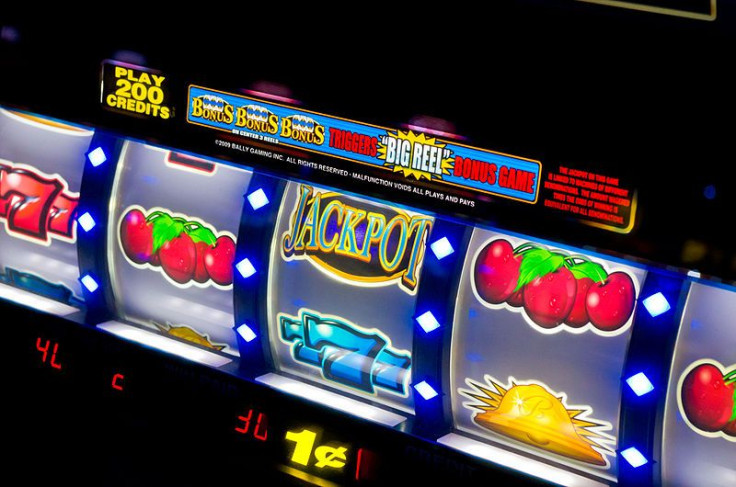Most Calls To Ohio Gambling Addiction Hotline Are For Gambling Assistance, Not Addiction Help

The majority of callers to Ohio's problem-gambling help line called because they had problems gambling, rather than gambling problems.
The hotline, which started fielding calls when casinos opened last year, received 5,645 calls at the end of the state's fiscal year, on June 30. However, 54 percent of them were categorized as "not applicable." These callers often asked for winning lottery numbers or information about casinos, and horse tracks.
Because of this, the state implemented a recorded message on the hotline that lets callers know they've reached a resource for people seeking help from gambling addiction.
"We want it to be the best value, obviously, for the taxpayer," Stacey Frohnapfel-Hasson, chief of problem-gambling services for the Ohio Department of Mental Health and Addiction Services, told The Plain Dealer. "That's not, 'What's on the buffet?'"
The hotline, which was started by the Ohio for Responsible Gambling alliance, consisting of the Department of Mental Health and Addiction Services, the Ohio Lottery, and the state Casino Control Commission, has its number displayed on lottery tickets, slot machines, and advertisements.
A little less than 3 percent of Ohio adults (250,000) are either problem gamblers or are at risk of gambling problems, Bloomberg Businessweek reported. However, this number, which was reported in October 2012, was expected to rise as casinos opened up at the end of last year.
"So we have a clear picture of where we started in Ohio, and as these casinos come on line, then we're going to have something to measure it against," Casino Control Commission Chairwoman JoAnn Davidson told Bloomberg.
Most of these people weren't casino gamblers though. The review found that only 6 percent of Ohioan gamblers said their primary venue was casinos, whereas 72 percent of Ohioans reported lottery and other scratch off games as their favored way of gambling.
The National Council on Problem Gambling says that about 2 to 3 percent of the U.S. population will have a gambling problem during any given year, rarely seeking out self-help services — an alarming statistic considering how much is at stake for people who may gamble away all their money.
"I'm not saying that casinos are evil. I'm not one of those kinds of people — especially with state money crisis facing all the states now," said Tom Leksan, who lost his marriage, home, and maybe his law license because of gambling addiction.
"But I'm telling you that if your picture of a compulsive gambler is a guy that's got a five-day beard at 12 o'clock on a Sunday night at the racetrack, that ain't it. In going to Gamblers Anonymous for 10 years, there are doctors, there are lawyers, there are nurses, there are housewives, and there are schoolteachers. This disease can affect anyone."



























